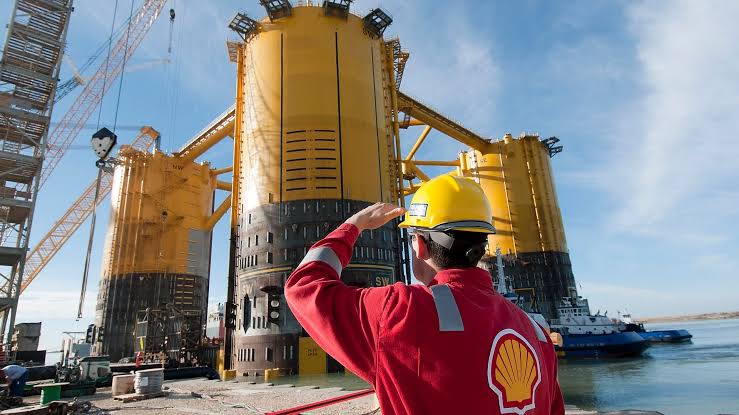Herein this article, we discussed the resumption of the Shell Petroleum Development Company Limited (SPDC) and oil supply to refineries.
British oil and gas giant, Shell plc, on Friday confirmed that it has resumed the supply of crude oil to the state-owned refinery at Port Harcourt, Nigeria.
Shell has delivered 475,000 barrels of crude oil from its Bonny export terminal in southern Nigeria to the refinery.
The Port Harcourt refinery is expected to resume operations in the first quarter of 2024, after undergoing renovation. The refinery is expected to process 60,000 barrels of oil per day (bpd) initially. The production will be increased later this year to the plant’s full capacity of 210,000 bpd. Shell stated that future supplies from their Bonny terminal would follow depending on the product’s demand.
READ: Oil and Gas Regulatory Consulting
A total of 475,000 barrels of oil was delivered to the Port Harcourt refinery on January 18, Shell’s Bonny oil terminal manager Osita Nnajiofor said in an emailed statement on Friday.
“Future supplies from Bonny oil and gas terminal would be guided by the demand for the product,” he said.
Shell spokesperson Bamidele Odugbesan told Reuters by phone that the oil deliveries to the refinery were made this week.
Nigeria’s state oil firm NNPC Ltd last month tendered for operators for its Port Harcourt refinery in the oil-rich Rivers state.
The NNPC at the turn of the year said it planned to complete test runs at the refinery by the end of January in a major step towards resuming operations five years after the plant was shut down.
READ: NMDPRA Permits, Costs and Requirements
The aforementioned refinery is one of the four refineries in the African nation that have been shut down for years. The government is looking to restart these production facilities to reduce the dependence on fuel imports. Nigeria is OPEC’s topmost crude oil producer in Africa. Yet, due to insufficient capacity at its refineries, the country had to turn to fuel imports. Despite having abundant crude oil deposits, most of the exploration and production activities in the country are carried out by Western companies
Nigeria’s domestic fuel industry received a push from the private sector when the Dangote Refinery, owned by Africa’s richest man Aliko Dangote, finally started after years of delay. With a capacity of 650,000 bpd, the refinery is anticipated to meet 100% demand for all refined petroleum products in Nigeria. The total cost of the project was approximately $20 billion, up from the initially estimated range of $12-$14 billion.

